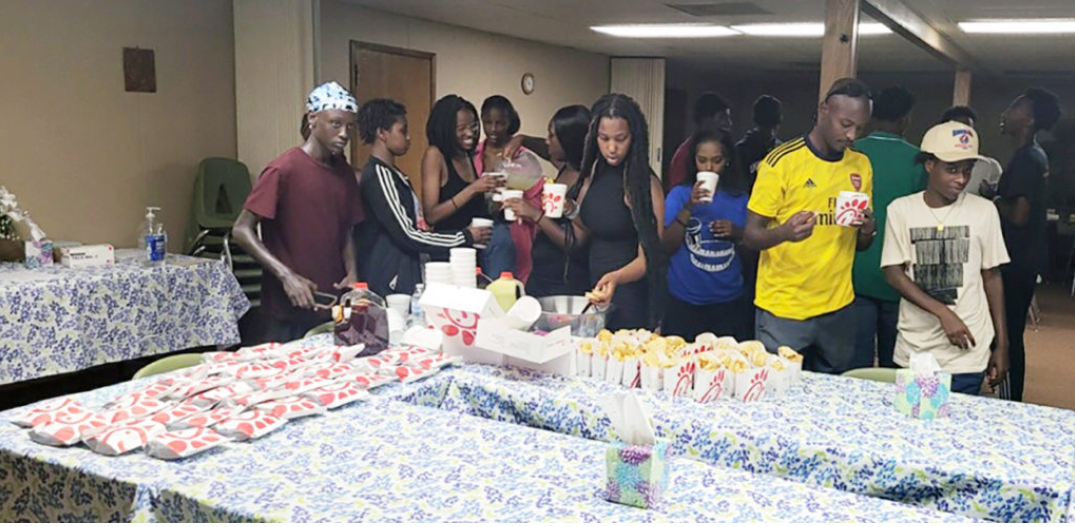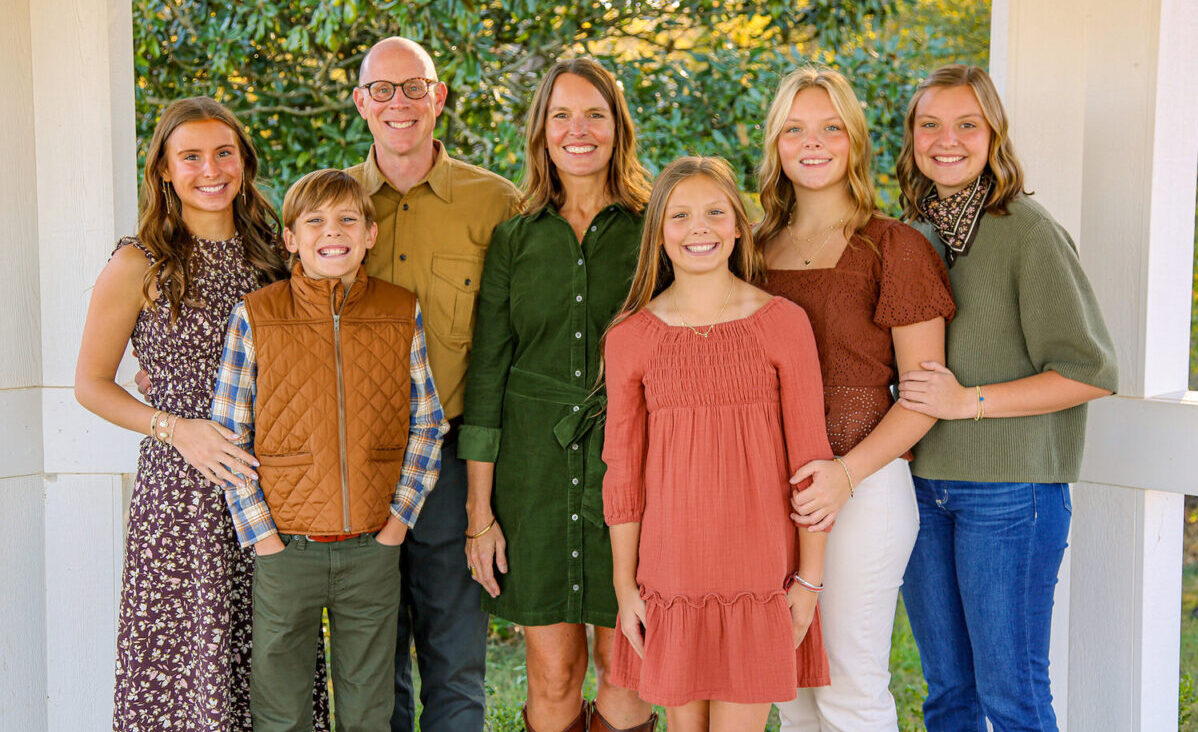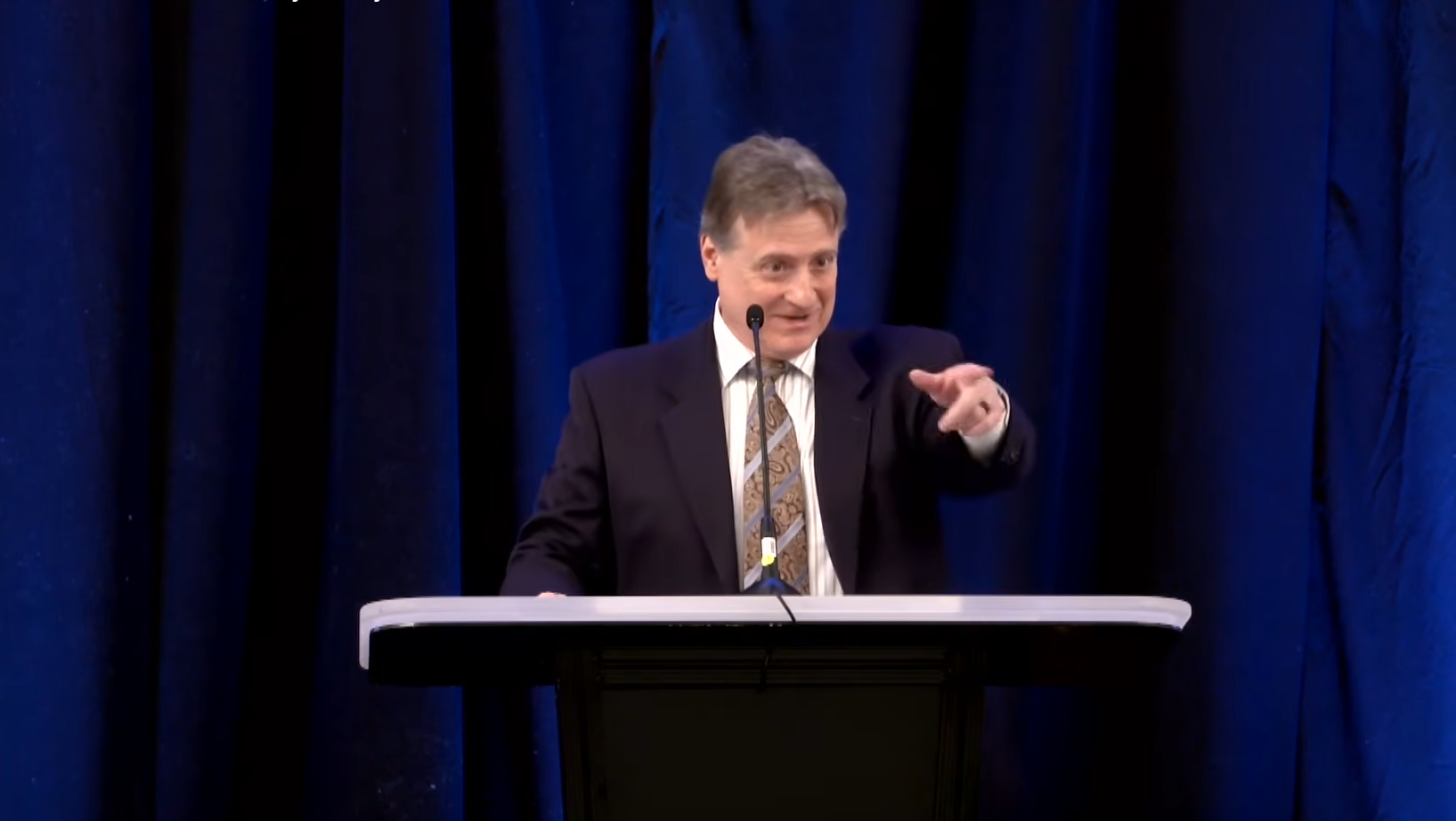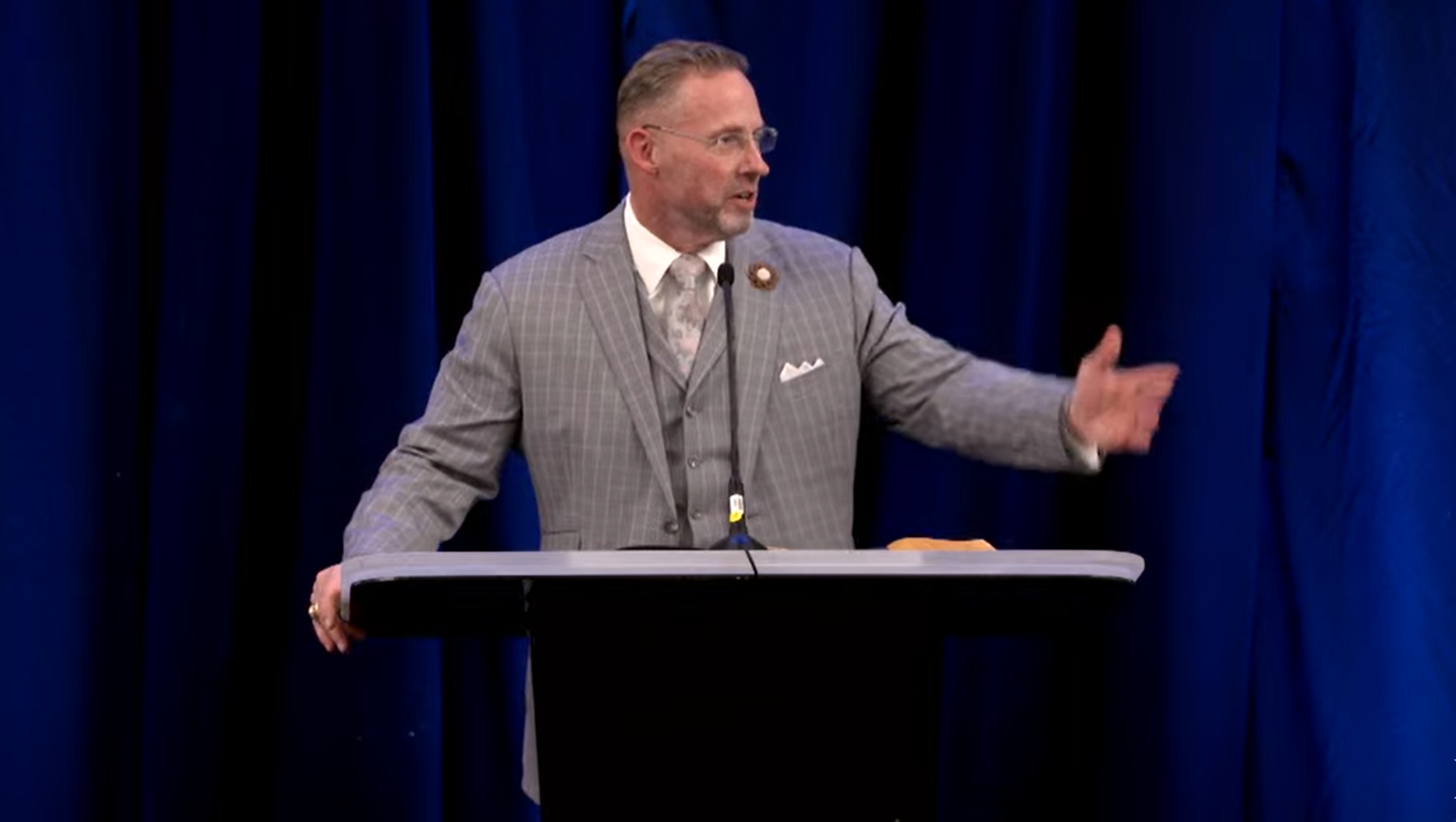When Paul Sebineza helped plant a church in Austin to reach new arrivals from refugee camps in Kenya, he had an advantage — personal experience.
“I understand the fears and frustration of coming to America and starting a new life. Once, I was in their place,” said Sebineza, who immigrated to the United States from the Democratic Republic of Congo.
Sebineza serves alongside Pastor Dieudonne Ratabagaya at Hope of Life Baptist Church in Austin. As coordinator of church programs, his responsibilities include ministries geared toward children, youth, men and families, as well as camps.
When Sebineza and Ratabagaya started Hope of Life Church in 2015, they began with six people. Today, average attendance is 140.
The church’s name, Hope of Life, explains its purpose and ministry, Sebineza said.
“These refugees have lost everything,” he said. “Many have been in refugee and resettlement camps for five to 10 years. The church is helping them fit into the American culture. It is difficult.”
Sebineza understands the hardships of being a refugee.
He spoke French when he arrived in the United States and knows the difficulty of learning to speak and write English. He empathizes with the newly resettled refugees, and they respond to him because he relates to what they are going through.
Hope of Life Baptist Church gives those who attend the opportunity to dance and sing familiar music and hear sermons in their native language. Ratabagaya often allows ordained men in the church to preach, which gives them experience in speaking and sermon preparation.
Offering assistance
In addition to helping new arrivals learn English and become more familiar with American food, customs, culture and recreation, the church also assists with transportation.
“Imagine being in a large city like Austin, and not understanding the language,” Sebineza said. “’What bus should I take to go to work? Which bus takes me home?’ This is only one example of the problems faced.”
The church also helps resettled refugees find jobs. The city needs workers and the people can learn skills needed for labor, Sebineza noted. But completing applications and developing a resume can be daunting for a new arrival.
Hope of Life also offers counseling to those who request it. With so many changes, adjusting to a new way of life can be depressing, Sebineza acknowledged.
“Expectations from back home are not easy to change,” he observed.
Meeting essential needs
The COVID-19 pandemic increased the number of people needing help.
For those who have difficulty feeding their families, the church provides groceries. Hope of Life receives support from the Texas Baptist Hunger Offering. And the number of people in need continues to grow.
“Since restrictions are less strict [under the current] administration, we have seen more refugees arriving in Austin,” Sebineza said.
When Sebineza helped plant Hope of Life Baptist Church in Austin, his life changed.
“I feel good about what I’m doing and how God has blessed me. … God is good. America is good,” he said.
In addition to ministering to refugees who relocate to Austin, Hope of Life also ministers to people in their homeland.
In September, Ratabagaya and Sebineza will journey to Kenya to help plant a church, and Ratabagaya’s sermons at Hope of Life are posted on YouTube.
“Technology allows people all over the world to listen and become involved in this ministry,” Ratabagaya said. “This is one of the blessings from God — that everyone, regardless of where they live, if they have a computer or cell phone and internet, can hear the gospel.”
As Sebineza offers encouragement to refugees, he often points to a favorite Bible verse, John 14:27: “Peace I leave with you, My peace I give you. I do not give to you as the world gives. Do not let your hearts be troubled and do not be afraid.”
EDITOR’S NOTE — This story was originally published by Texas Baptist Standard.










